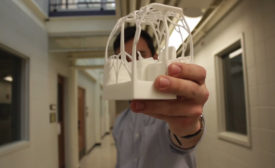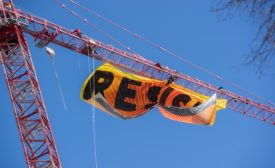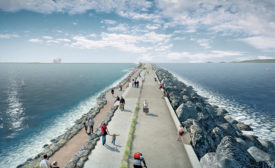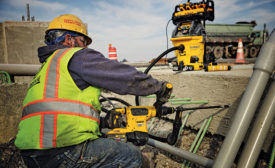Home » Publications » ENR
Our Publications
Please select a publication below.
ENR

Feb 6, 2017
Cover Story
Back to TopTechnology to be a big draw at construction’s triennial equipment show
Read More
News
Back to TopThe Trump Administration
Greenpeace Protestors Scale 270-ft Tower Crane Near White House
A hazardous climb was needed to hang a banner
January 25, 2017
Energy Infrastructure
PG&E Sentenced to Pay $3M for Pipeline-Safety Violations
Judge issues maximum penalty for actions related to 2010 California explosion that killed eight
Read More
Construction and engineering mergers
CH2M and Atkins Are Mum on Merger Speculation
U.S. and U.K. consultants won't comment on Jan. 30 British media reports of link discussions.
Read More
Departments
Back to TopConstruction Labor
Iron Workers Pension Plan Members Vote to Cut Benefits
Cleveland local's action is first cut under 2014 multiemployer pension law
Read More
Construction Economics
Back to TopThe latest news and information
#1 Source for Construction News, Data, Rankings, Analysis, and Commentary
JOIN ENR UNLIMITEDCopyright ©2025. All Rights Reserved BNP Media.
Design, CMS, Hosting & Web Development :: ePublishing





















